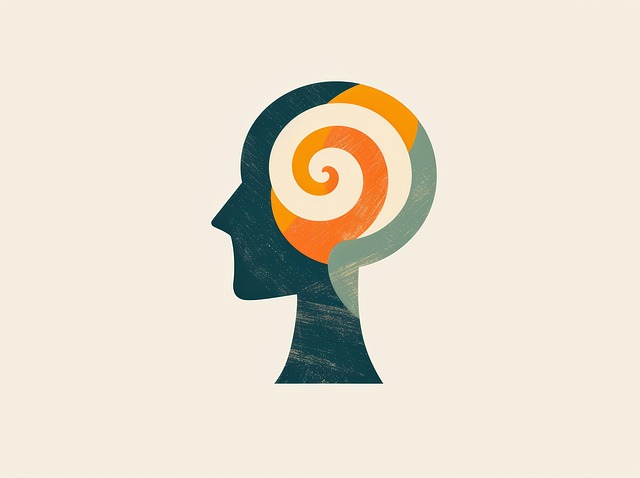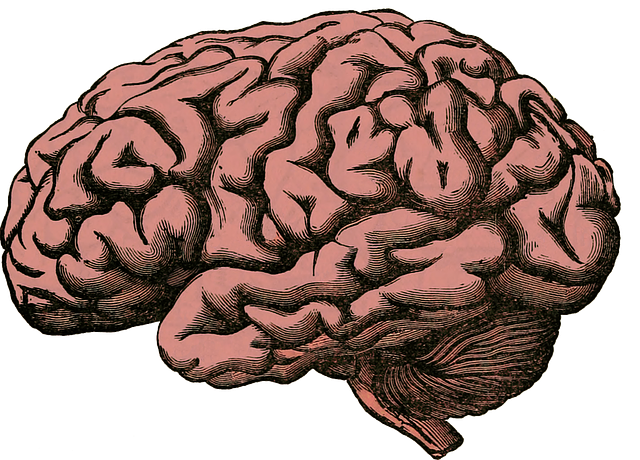Lakewood Dialectical Behavioral Therapy (DBT) offers a comprehensive approach to boosting Emotional Intelligence (EI), focusing on self-awareness exercises, coping mechanisms, and communication skills. Through structured programs, DBT helps individuals manage intense emotions, improve interpersonal interactions, and enhance overall mental wellness. Key skills include mindfulness, distress tolerance, emotion regulation, and interpersonal effectiveness, enabling people to navigate life's challenges with greater emotional intelligence and confidence.
Emotional intelligence (EI) is a powerful tool that enhances our personal and professional lives. Understanding EI and its profound impact on mental health and relationships is the first step towards building this crucial skill. This article explores how Lakewood Dialectical Behavioral Therapy (DBT), a game-changer in emotional regulation, can equip individuals with effective strategies to navigate life’s challenges. We’ll delve into the key components of DBT and provide practical tips to integrate these techniques into daily routines for lasting emotional growth.
- Understanding Emotional Intelligence and its Impact
- The Role of Lakewood Dialectical Behavioral Therapy (DBT) in Building EI
- Key Components of DBT for Enhancing Emotional Intelligence
- Practical Strategies to Integrate DBT Techniques into Daily Life
Understanding Emotional Intelligence and its Impact

Emotional intelligence (EI) is the ability to recognize, understand, and manage one’s own emotions, as well as perceive, interpret, and respond appropriately to the emotions of others. This skill set has gained significant recognition in recent years due to its profound impact on various aspects of life. Research has shown that individuals with high emotional intelligence tend to have better relationships, improved mental health, and enhanced performance at work. They are more adept at handling stress, resolving conflicts, and making thoughtful decisions.
At Lakewood Dialectical Behavioral Therapy (DBT), we emphasize the development of EI as a cornerstone of our therapy programs. Through Self-Awareness Exercises, individuals learn to recognize their emotions and the triggers behind them. This self-reflection is crucial for managing anxiety relief and preventing emotional overload. By fostering public awareness campaigns around these topics, we aim to empower folks to navigate their emotional landscapes more effectively.
The Role of Lakewood Dialectical Behavioral Therapy (DBT) in Building EI

The Lakewood Dialectical Behavioral Therapy (DBT) offers a comprehensive framework for developing emotional intelligence. This therapy focuses on teaching individuals effective coping strategies to manage intense emotions and navigate interpersonal relationships with greater skillfulness. Through DBT, clients engage in Social Skills Training, learning practical techniques for communication, assertiveness, and conflict resolution. These skills are essential components of emotional intelligence, enabling better understanding and connection with others.
Additionally, Lakewood DBT incorporates Emotional Healing Processes to address the root causes of distressing emotions. By fostering self-awareness and self-acceptance, individuals gain a deeper understanding of their feelings and triggers. This introspective approach empowers them to respond mindfully rather than reacting impulsively, enhancing emotional regulation and overall well-being. The result is a more balanced and healthy relationship with one’s emotions, which forms the backbone of emotional intelligence development.
Key Components of DBT for Enhancing Emotional Intelligence

The key components of Lakewood Dialectical Behavioral Therapy (DBT) offer valuable insights into enhancing emotional intelligence. This therapeutic approach emphasizes four primary skills: mindfulness, distress tolerance, emotion regulation, and interpersonal effectiveness. First, mindfulness involves being fully present in the moment, observing thoughts and feelings without judgment. Practicing mindfulness helps individuals gain a deeper understanding of their emotions and triggers.
Next, distress tolerance equips people with strategies to tolerate and manage difficult emotions without resorting to harmful behaviors. This includes coping skills for crisis situations and ways to increase positive experiences in daily life. Emotion regulation focuses on identifying and managing feelings effectively, while interpersonal effectiveness teaches communication and relationship skills to foster healthy connections and resolve conflicts. Integrating these DBT principles into everyday life can lead to significant improvements in mental health awareness and overall mental wellness coaching programs development. Additionally, engaging in mental wellness journaling exercises guidance derived from these skills can help individuals track their emotional growth and progress.
Practical Strategies to Integrate DBT Techniques into Daily Life

Integrating Dialectical Behavioral Therapy (DBT) techniques into daily life can significantly enhance emotional intelligence and overall well-being. At its core, DBT is designed to teach individuals skills for managing emotions, tolerating distress, enhancing mindfulness, and improving interpersonal effectiveness. These skills are crucial in breaking the cycle of unhelpful behaviors that often accompany mental illness and stigma reduction efforts. By learning techniques like mindfulness meditation and distress tolerance strategies, individuals can build a stronger foundation for emotional resilience.
Practical strategies include setting aside dedicated time each day for mindfulness exercises, practicing deep breathing during moments of intense emotion, and engaging in regular physical activity to reduce stress levels. Additionally, maintaining structured routines and fostering healthy relationships can support the internalization of DBT skills. Remember, Lakewood Dialectical Behavioral Therapy offers a transformative path towards confidence boosting and enhanced mental health awareness, helping individuals navigate life’s challenges with greater ease and emotional intelligence.
Emotional intelligence is a powerful tool for personal growth and healthy relationships. As discussed, Lakewood Dialectical Behavioral Therapy (DBT) offers an effective framework to enhance EI through mindfulness, distress tolerance, emotional regulation, and interpersonal effectiveness skills. By integrating DBT techniques into daily life, individuals can improve their ability to navigate emotions, foster meaningful connections, and lead a more fulfilling life. Building emotional intelligence is a journey, and with consistent practice, one can unlock their full potential.














